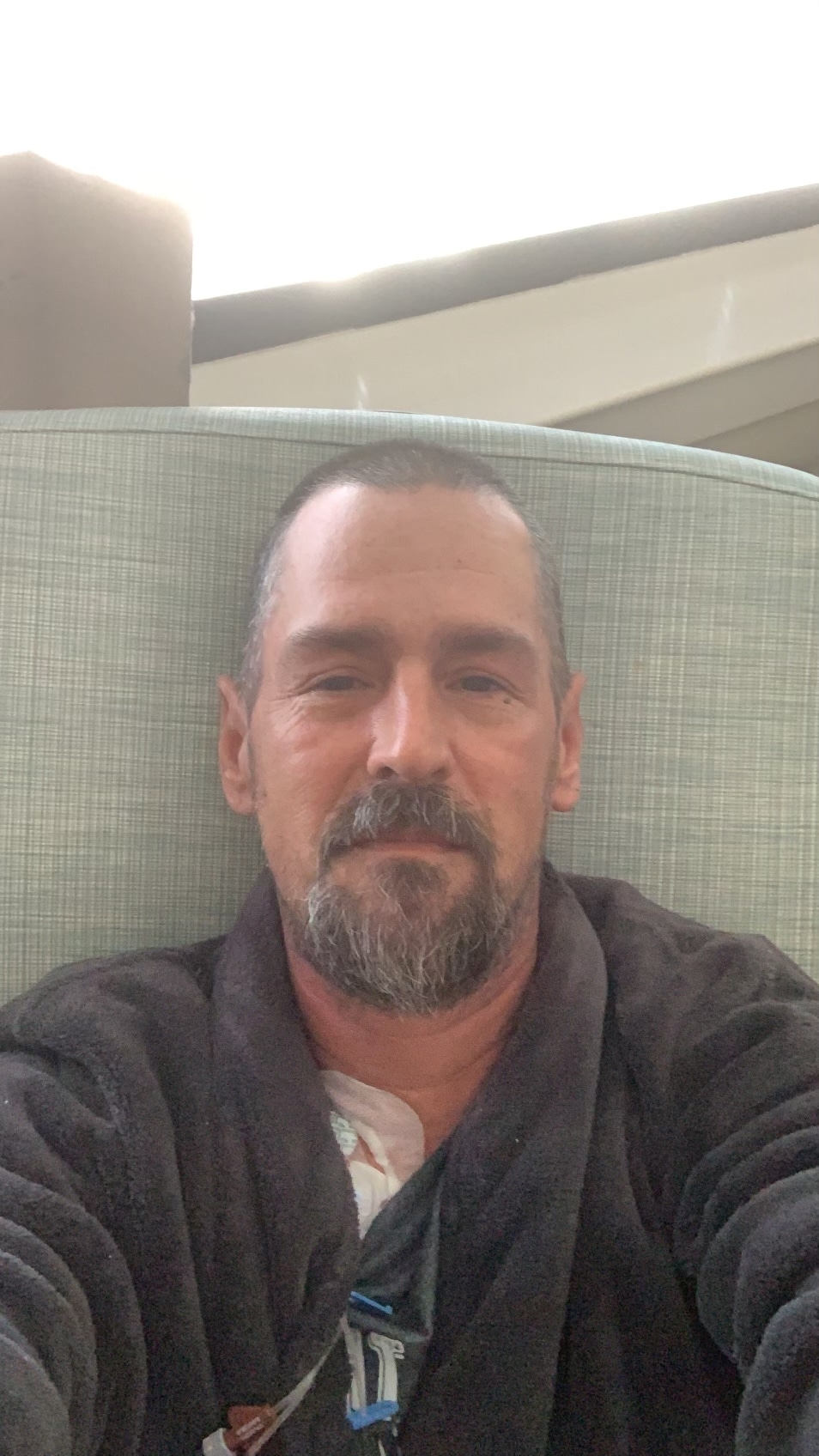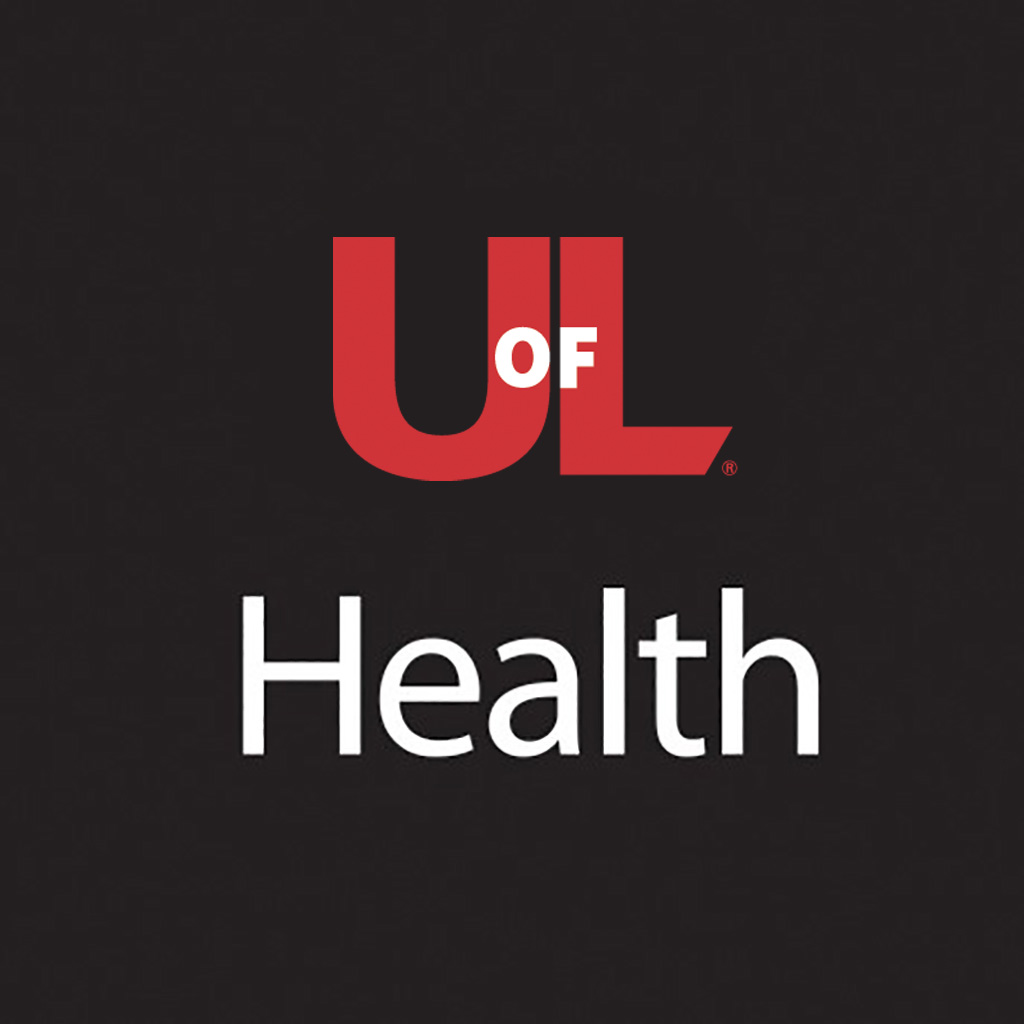
Tony Burton, age 46, was diagnosed with lung cancer in August 2019. He had seven tumors and, at one point, was told he had six months left to live. Thanks to Jason Chesney, M.D., Ph.D., and a clinical trial at UofL Health – Brown Cancer Center, today he only has one small tumor left and he is expected to live a long life.
“I’m hoping at my next scan it will be completely gone,” Burton said.
The therapy is called tumor infiltrating lymphocytes (TILs).
Dr. Chesney, director of the Brown Cancer Center, a medical oncologist and cancer immunologist, said, “This is a cell-based immunotherapy. We are the only site in the region including the entire states of Kentucky and Indiana to offer cell-based therapy like this. It has been tested for about 15-20 years in the melanoma population.
“We got together with several centers throughout the country and put together a multi-center clinical trial to test TILs first in melanoma patients, then in lung cancer patients, cervical cancer, and head and neck cancer,” Chesney said.
TILs uses the patient’s own cells to kill the tumor
“The technology is pretty simple, and we did with this with Tony,” Dr. Chesney said. “We take out a tumor, chop it up, and harvest and isolate the white blood cells. The white blood cells we’re interested in are called T-cells. T-cells normally control cancer in your body, but tumor cells are very sneaky and they figure out a way to get the T-cells to not work, so these tumors are full of these T-cells (good guy cells that will take care of the tumor cells if they can be activated and expanded). We do that outside of the patients’ body and then we put the patient in our bone marrow transplant unit, and infuse them with their own T-cells that we’ve isolated and expanded from their tumor, and give them a growth factor. It’s not a drug, but it’s a procedure similar to having a bone marrow transplant.”
Chesney says immunotherapy and this TILs trial in particular is a “game changer.”
“He’s a lifesaver,” Burton said. “The whole UofL team has been great. They brought me back from stage 4 to getting ready to be completely cancer-free. I hope they can go on and save many more lives with this procedure.”









